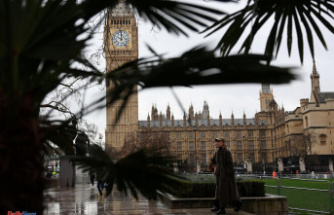If you’re in a car accident, it’s natural to feel disoriented and frightened, even if you weren’t injured. If you were injured, you may be in pain and want to go to a doctor or emergency room as quickly as possible.
There are, however, certain things that need to be done in the wake of an accident. Of equal importance, there are things you should never do. Here are some tips on what not to do after a car accident.
- Don’t leave the scene
While you might have a natural impulse to leave, doing so can be dangerous. In many states, leaving the accident scene before police have arrived is against the law if someone has been injured or killed, or property damage has been done. It’s legally chargeable as a hit and run. This is true even if you’ve hit a parked car and no one is around. You should leave a note with your contact information for the driver if that occurs.
If people or property are injured in the accident, leaving the scene quickly can be viewed as evidence that you were responsible.
If you or any other person in the accident is injured, call 911. They will alert an ambulance and police.
- Don’t neglect notifying the police
Even if no one was injured, call the police. They will come, review the scene, talk to all parties involved, and issue a police report.
Police reports are valuable records of what happened during the accident. They are used by insurance companies to determine who or what was responsible. If a legal case ensues from the accident, they can be used as evidence in a court of law.
- Don’t forget to exchange information with the other driver(s)
Anyone involved in an accident needs to exchange contact information with other driver(s) involved. Give them your name, address, telephone number, and insurance information, which you should have on an insurance card. Get the same from them.
This is necessary information to give to your insurance company.
- Don’t forget to contact your insurance company
Contact your insurance company as soon as possible. If you are injured or your vehicle is damaged, insurance companies will become involved. If you live in a no-fault state, your insurance company will usually pay for medical bills and repair of your car. If you don’t live in a no-fault state, the responsible party’s insurance should pay.
It’s sometimes prudent to contact a lawyer to speak to the insurance company. Insurance companies have a natural tendency to want to pay as little on claims as possible. They may try to paint you as partly or entirely responsible even if the facts don’t bear that out.
- Don’t decide you don’t need to go to the doctor
Sometimes, people who weren’t injured decide there is no reason to get medical attention after an accident. In fact, it’s always prudent to have a doctor check you out. Impact can cause injuries that can manifest later, even if you see no bleeding or bruises. Your doctor can give you a clean bill of health – or may find hidden injuries that require treatment.
Date Of Update: 17 April 2019, 18:40











